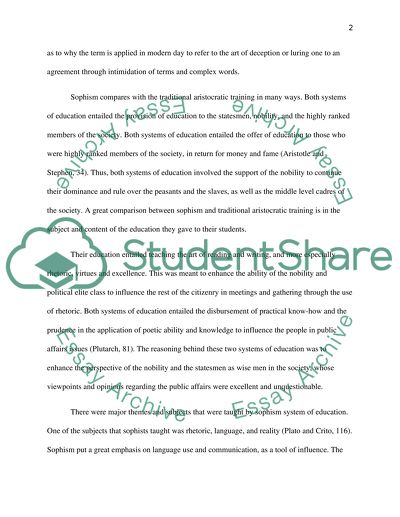Cite this document
(“The Nature of Sophism and its Effects Admission/Application Essay”, n.d.)
Retrieved from https://studentshare.org/history/1447639-the-nature-of-sophism-and-its-effects
Retrieved from https://studentshare.org/history/1447639-the-nature-of-sophism-and-its-effects
(The Nature of Sophism and Its Effects Admission/Application Essay)
https://studentshare.org/history/1447639-the-nature-of-sophism-and-its-effects.
https://studentshare.org/history/1447639-the-nature-of-sophism-and-its-effects.
“The Nature of Sophism and Its Effects Admission/Application Essay”, n.d. https://studentshare.org/history/1447639-the-nature-of-sophism-and-its-effects.


